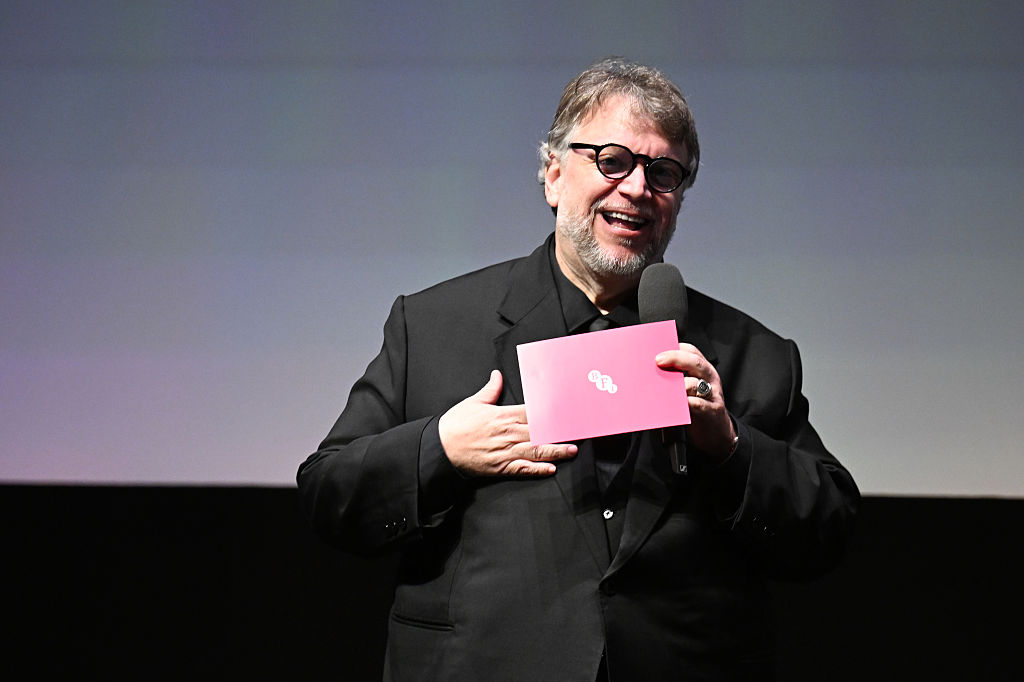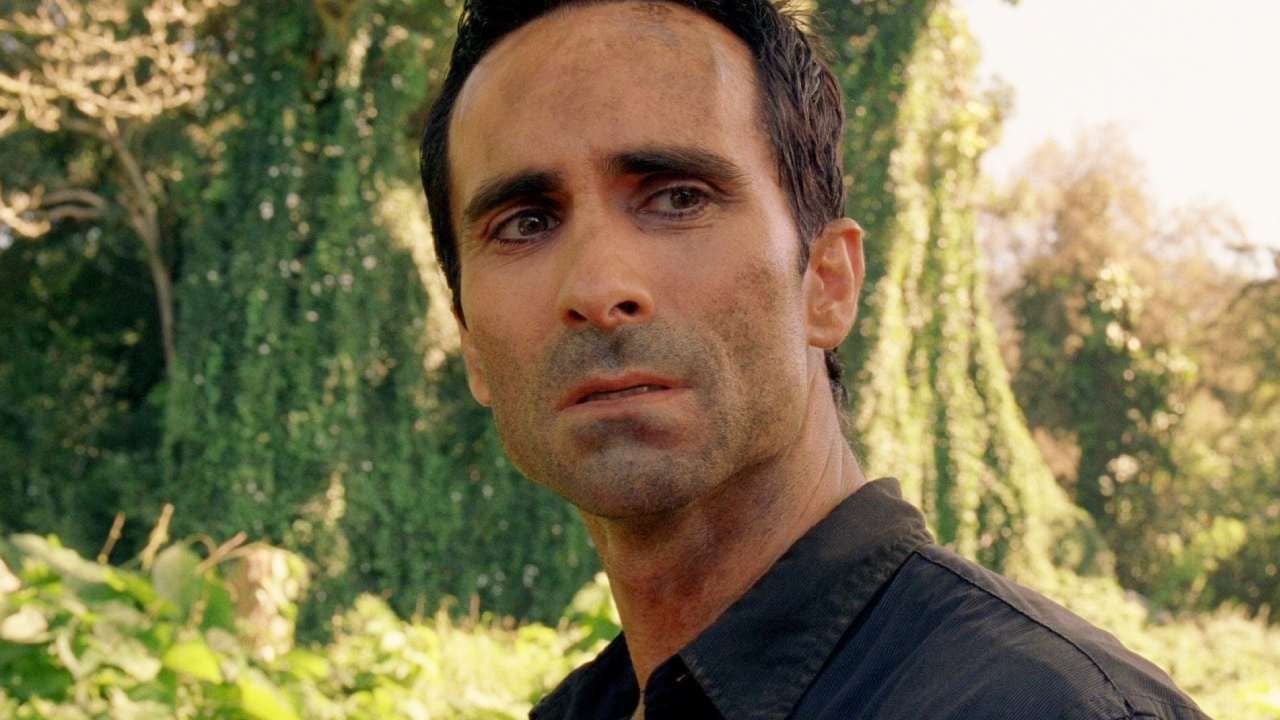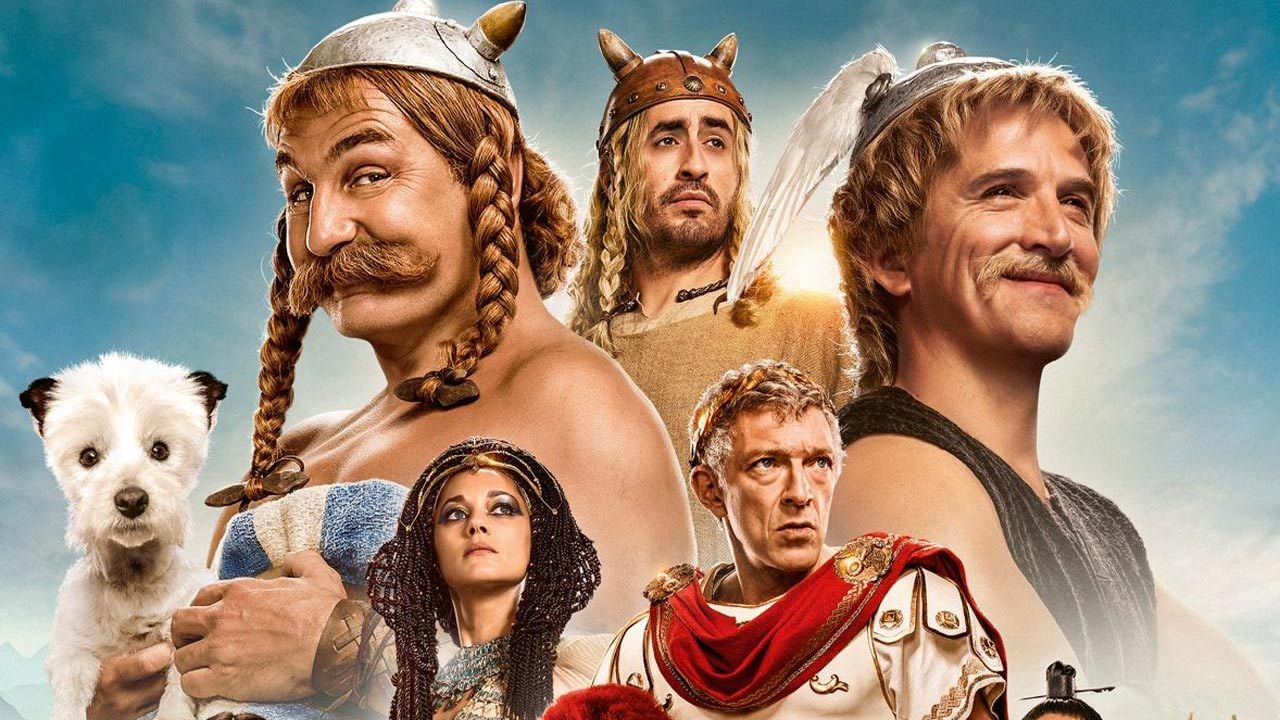Director criticizes the use of artificial intelligence in cinema and defends “art made by humans”
The award-winning filmmaker Guillermo del Toro once again criticized the use of generative artificial intelligence in the audiovisual industry. During his participation in the 2025 edition of Lumière Festivalin France, the director of Pan’s Labyrinth (2006) was blunt in addressing the growing adoption of AI in creative processes and stated:
“We live in dangerous times — times when we are ashamed of our emotions, when we are told that art is not important and that we can make art on a f*cking app…”
The comment was made during a panel debate on the future of cinema, which brought together names from the direction, script and critics. Furthermore, the filmmaker concluded by saying:
“When we are robbed of art and emotion, it leads us to the aesthetics of fascism. In this film [Frankenstein]all the scenarios are real, the decoration is in human size, there are miniatures meticulously created. It’s an opera, made by humans for humans. It’s a film that is there to remind us that art is not just necessary, it is urgent. And the AI can f*ck itself!”
Check out the trailer for Frankensteinfrom Guillermo del Toro:
The criticism adds to other expressions from professionals in the field who have been expressing concerns about the automation of creative processes, including in scripts, illustrations, production design and even digitally recreated performances.
Director of award-winning works such as The Shape of Water (2017) and Pinocchio (2022), del Toro has been one of the most influential voices in discussions about the future of cinema. He also publicly supported the recent strikes by screenwriters and actors in Hollywood, whose agenda included precisely the use and regulation of AI.
About the new feature
In this new adaptation of the classic Mary Shelley, del Toro gives the story an unmistakable gothic romanticism, a visual and emotional delight that reflects the affection and fascination that the director has for the creature. It’s not just a film on monsters, but done put someone who loves them deeply. And this devotion manifests itself above all in the mesmerizing performance of Jacob Elordi (Euphoria), which gives life — and a moving humanity — to the creature. His interpretation is restrained and painful, made up of broken gestures and distressed looks, and he deserved better luck in the awards season.
Del Toro transforms the classic into a fable about the divine. The symbolism is clear: “playing God” is a constant theme, reinforced by biblical references, as in the sequence of the creature’s reading of the story of Adam and Eve, and also by its cross-shaped pose when it is electrocuted by lightning and subsequently comes to life. The monster of Elordi it’s like a Jesus Christ — a being created in the image of its creator, rejected by the world, condemned for being different. There is an echo of redemption and suffering, of love and anger. The eternal conflict between father and son unfolds in layers: first between Victor Frankenstein and his own father (Charles Dance, Dracula: The Untold Story), and then enter Victor and the creature—a tragic reflection of the same twisted love that created him.
-
guilhermo del toro
Source: Rollingstone
Rose James is a Gossipify movie and series reviewer known for her in-depth analysis and unique perspective on the latest releases. With a background in film studies, she provides engaging and informative reviews, and keeps readers up to date with industry trends and emerging talents.





